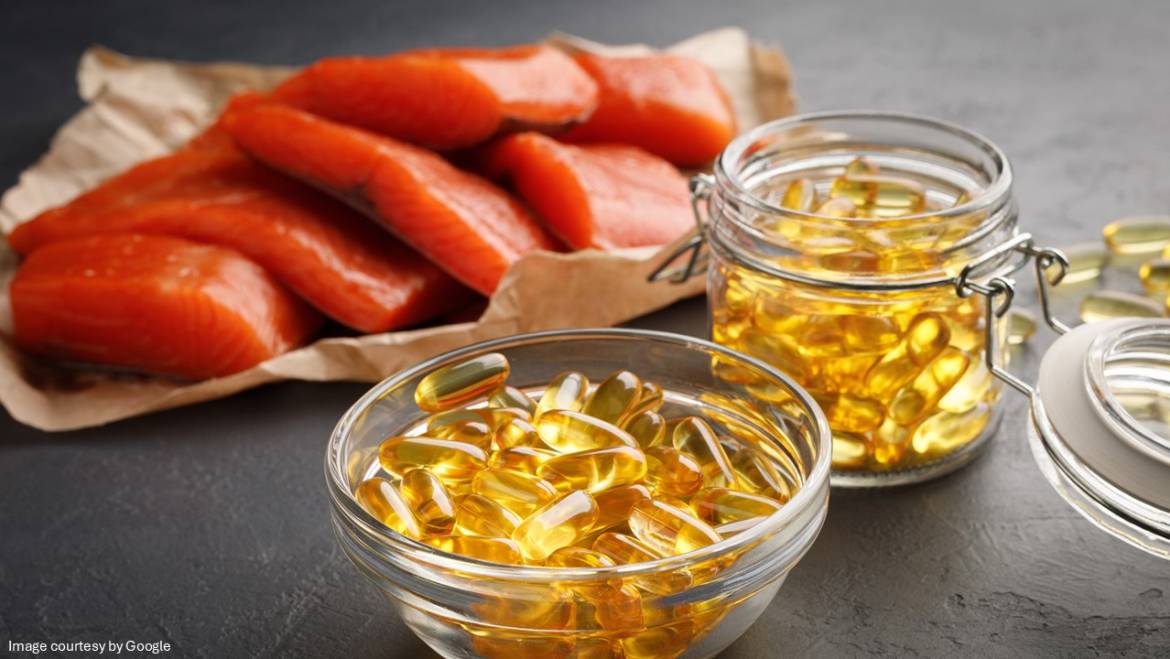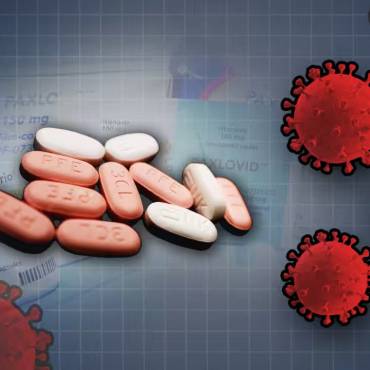With our fast-paced lives and the rise of junk food consumption, it’s hard to maintain a healthy lifestyle. Everyone wants to gulp delicious food without realizing that eating junk food could fall prey to many illnesses. Today, completely stopping junk food consumption is very difficult for most. Therefore, it is necessary to maintain a balance in what you eat. Don’t forget to consume healthy food when you consume junk. However, this will not solve the problem 100%, but you will start developing healthy eating habits to some extent. Identify the top healthy foods you should eat daily or on alternate days.
This page will discuss one of the best nutrients that offer many benefits. It comes in many forms, including supplements.
Omega 3
Omega 3 fish oil is a nutrient that prevents major cardiovascular diseases and helps you stay fit. Nutritionists have recommended eating fatty fish twice a week.
Those who dislike fish can consume certain supplements and gel capsules that provide the health benefits of fish oil vitamins. Fish oil should be an indispensable part of our diet. But how much should be utilized? Does it have any side effects? What is the science behind its discovery? Read further to unravel the facts behind omega 3 fish oils.
Also read: Boost Your Health with Omega 3 Fatty Acids
The nutrients that build Omega 3 fatty acids
Omega 3 benefits or benefits of fish oil include low blood pressure, reduced triglycerides, and slowing down the movement of plaques in the arteries. It even reduces the chance of abnormal heart rhythm. This nutrient brings down the likelihood of sudden cardiac arrest and stroke. It also supports the nervous system function, brain development, and immune health. It diminishes the side effects of drugs meant to suppress the immune system. Their anti-inflammatory effect supports medicines that are used to reduce cholesterol. Omega 3 essential fatty acids can be classified as eicosapentaenoic acid (EPA), docosahexaenoic acid (DHA), and αlpha-linoleic acid (ALA). Omega 3 DHA and EPA have proved to be the most beneficial. ALA is a part of omega-3 and has to be converted to either EPA or DHA. Eating fish can directly supply you with the necessary EPA and DHA for your body. Know DHA supplements if you are hesitant to eat fish.
The need for EPA and DHA in our diet
It is assumed that if you consume a high quantity of ALA, your body will generate the right amount of EPA and DHA. Astonishingly, the body does not function that way. Eating specific carbohydrates, proteins, and fats boost our health and help us stay fit. EPA and DHA aren’t needed to survive; you would require them to sustain good health. Oily fish like salmon and sardines are considered dietary staples of particular cultures. As per research, too much oil can be a little dangerous. This is because the body cannot regulate it. So, what should be the exact intake of omega 3 fish oil?
The quantity of omega 3 fish oil that matters
Some people think that munching on loads of salmons and herrings would keep them sharp and active. But the truth is that most fish are contaminated with toxins, chemicals, metals, and other industrial waste. When you end up eating too much of these fatty fish, the fats tend to get embedded in the cell membranes and start getting stiffer. Cell membrane fluidity is a must to maintain a level of flexibility. It can neither be limited nor excessive. While imbibing omega-3 fish oils as a part of your diet, ensure a balance in the unsaturated, polyunsaturated, and monounsaturated fats you consume. The Food and Drug Administration (FDA) stated that 3gm of EPA and DHA daily intake is perfect for keeping you fit and safe.
Also read: Green Tea: Amazing Health benefits You Never Knew About!
Understanding the omega-3 index
The omega-3 index is a test you could conduct to understand the percentage of EPA and DHA in your body. It determines the fluidity of cell membranes. If it’s below 4%, there is a high risk. Between 4-8% would be intermediate risk, and over 8% is little risk. The index also depends on various external factors like age, gender, body weight, and physical activity. A small but significant amount of EPA and DHA a day can move a person from a high-risk to a low-risk zone. This reduces the chances of cardiac arrests.

Oxidation of omega-3 fish oil supplements
These fish oils are vulnerable to chemical oxidation as compared to saturated fats. When fish are processed into supplements like gels, capsules, and injections, they can be a little toxic for the body. After being exposed to oxygen, they tend to break down their molecules. Susceptibility to heat, light, and metal can boost their oxidation. Their chemical reactions result in hydroperoxides, aldehydes, and ketones. A disproportionate intake of these can be associated with cancer, inflammation, and toxins.
The things you need to remember
Side effects of these may include fishy breath, gastrointestinal disorders, stomach upset, loose stools, nausea, and bleeding. It is important that you take a regular dose of EPA and DHA in a day. Make sure the fish you eat has adequate fats. This would help you receive the right health benefits of fish oil. Marine and freshwater fish oil differs in the arachidonic acid, EPA, and DHA levels. River water or farm-raised fish may contain less omega-3 and more omega-6 fats. Try to comprehend the source of your fish. Avoid sources that are high in contamination. Keep away from fish that are infected with pesticides and pollutants. If you consume a source of omega 3 supplements, ensure their manufacturing batch and expiry date are correct. Choose the right product and brand that your doctor prescribes. Check if preservatives have been used. Once opened, store it in a cool place for preservation. People who are under medication can consult their doctor for the right usage.
Also read: Signs Of Cancer : Are you At Risk?
The things you need to remember
Side effects of these may include fishy breath, gastrointestinal disorders, stomach upset, loose stools, nausea, and bleeding. It is important that you take a regular dose of EPA and DHA in a day. Make sure the fish you eat has adequate fats. This would help you receive the right health benefits of fish oil. Marine and freshwater fish oil differs in the arachidonic acid, EPA, and DHA levels. River water or farm-raised fish may contain less omega-3 and more omega-6 fats. Try to comprehend the source of your fish. Avoid sources that are high in contamination. Keep away from fish that are infected with pesticides and pollutants. If you consume a source of omega 3 supplements, ensure their manufacturing batch and expiry date are correct. Choose the right product and brand that your doctor prescribes. Check if preservatives have been used. Once opened, store it in a cool place for preservation. People who are under medication can consult their doctor for the right usage.



